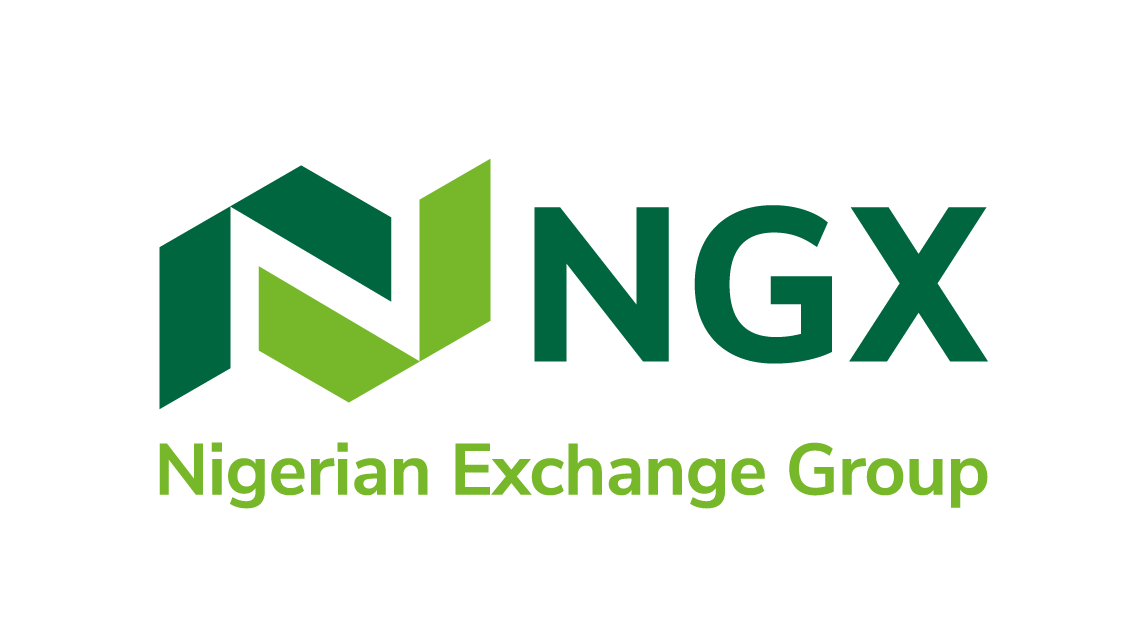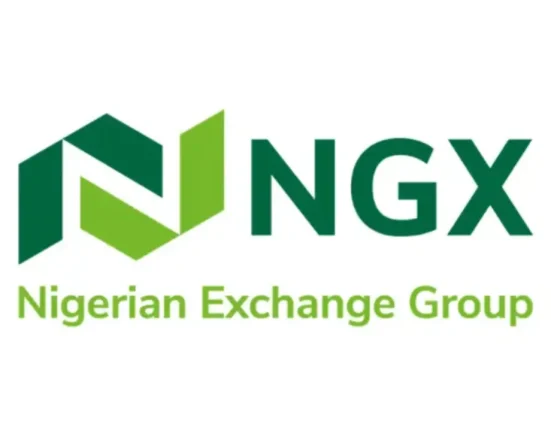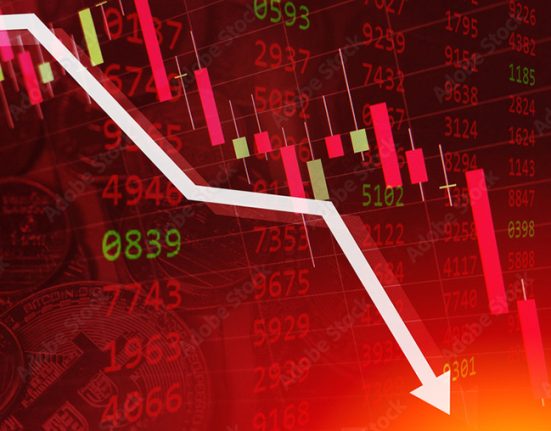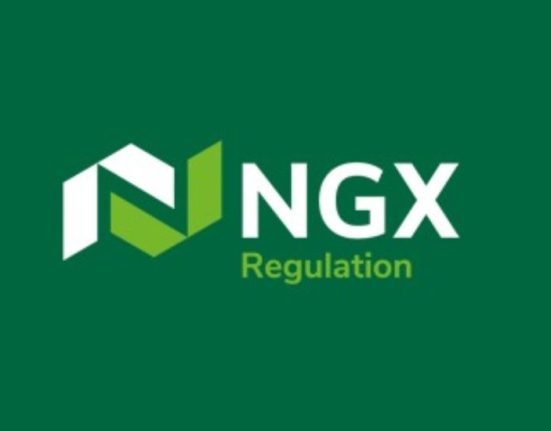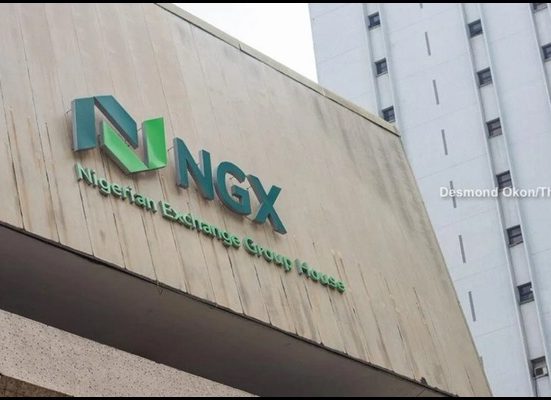Foreign investments in Nigeria’s equities market experienced a significant decline of 29.66 per cent in February 2025, falling to N18.05bn from the N25.66bn recorded in January. This drop, coupled with a reduction in foreign outflows, resulted in a steep 40.36 per cent decrease in total foreign portfolio transactions on the Nigerian Exchange Limited (NGX), which plunged from N71.51bn in January to N42.65bn in February.
The decline underscores diminishing interest from offshore investors, likely driven by macroeconomic uncertainties and persistent volatility in the foreign exchange market.
Foreign and Domestic Investor Trends
Foreign outflows fell sharply by 46.33 per cent, declining from N45.85bn in January to N24.60bn in February, suggesting a reduced number of exits but also a cautious investment approach from foreign players.
Total market transactions on the NGX also saw a month-on-month drop of 16.07 per cent, decreasing from N607.05bn (approximately $410.84m) in January to N509.47bn (about $341.36m) in February. Despite this short-term decline, the market performed better year-on-year, with February 2025 transactions rising by 42.36 per cent compared to the N357.88bn recorded in February 2024.
Domestic investors continued to dominate, accounting for 91.63 per cent (N466.82bn) of total market transactions in February, compared to the 88.22 per cent recorded in January. Foreign investors made up only 8.37 per cent (N42.65bn) of total trades.
Within the domestic segment, institutional investors played a stronger role than retail investors. Institutional transactions stood at N252.31bn in February, reflecting a slight 5.92 per cent decline from N268.19bn in January. Meanwhile, retail investor activity dropped more significantly by 19.76 per cent, from N267.35bn in January to N214.51bn in February.
Cumulatively, domestic transactions for 2025 reached N1.002tn by the end of February, surpassing the N890.48bn recorded during the same period in 2024. Foreign portfolio activity reached N114.16bn, slightly below the N118.92bn recorded in the first two months of 2024.
Long-Term Trends and Market Outlook
Over the past 18 years, domestic market participation has increased by 33.15 per cent, growing from N3.56tn in 2007 to N4.73tn in 2024. Similarly, foreign transactions have risen by 38.31 per cent from N616bn to N852bn over the same period. Despite this, domestic investors continue to dominate, making up 85 per cent of total transactions in 2024.
Market Challenges and Economic Factors
The Chief Executive Officer of Cowry Treasurers Limited, Charles Sanni, highlighted the impact of the naira’s volatility on foreign investment sentiment.
“Foreign investors typically bring in funds in their currencies, and inflation created a blurry future for them. While the NGX performed well, foreign exchange instability led to significant losses, making investments uncertain,” Sanni explained.
Despite concerns, he expressed optimism about a possible market rebound in the coming months. However, he warned that high domestic interest rates could squeeze corporate margins and further dampen investment confidence.
“If domestic interest rates remain high, the cost of funds for companies will rise, and their profit margins will thin out over time. Our credit system is not robust enough, and interest rates are already too high,” he stated.
Sanni cautioned that prolonged economic uncertainty could lead to investor fatigue. To restore confidence, he urged the government to stabilize the naira around N1,200 per dollar, curb inflation, ensure political stability in key regions like Rivers State, and promote transparency in financial reporting.
As the Nigerian capital market navigates these challenges, stakeholders are watching closely for policy interventions that could restore investor confidence and drive sustained market growth.

